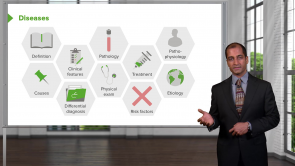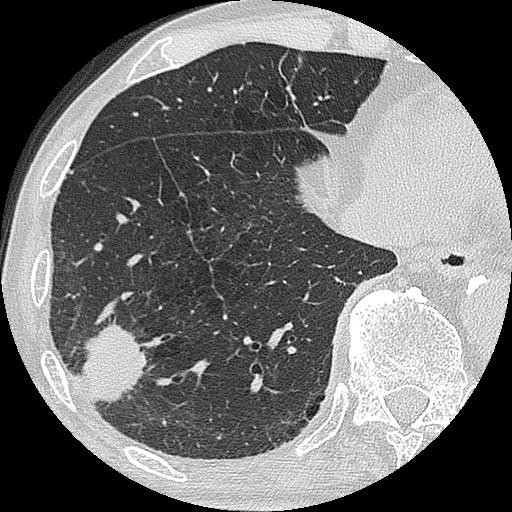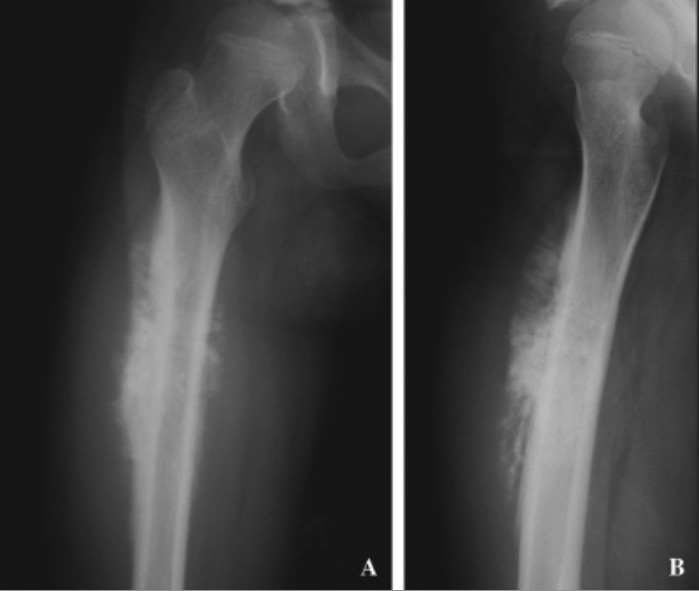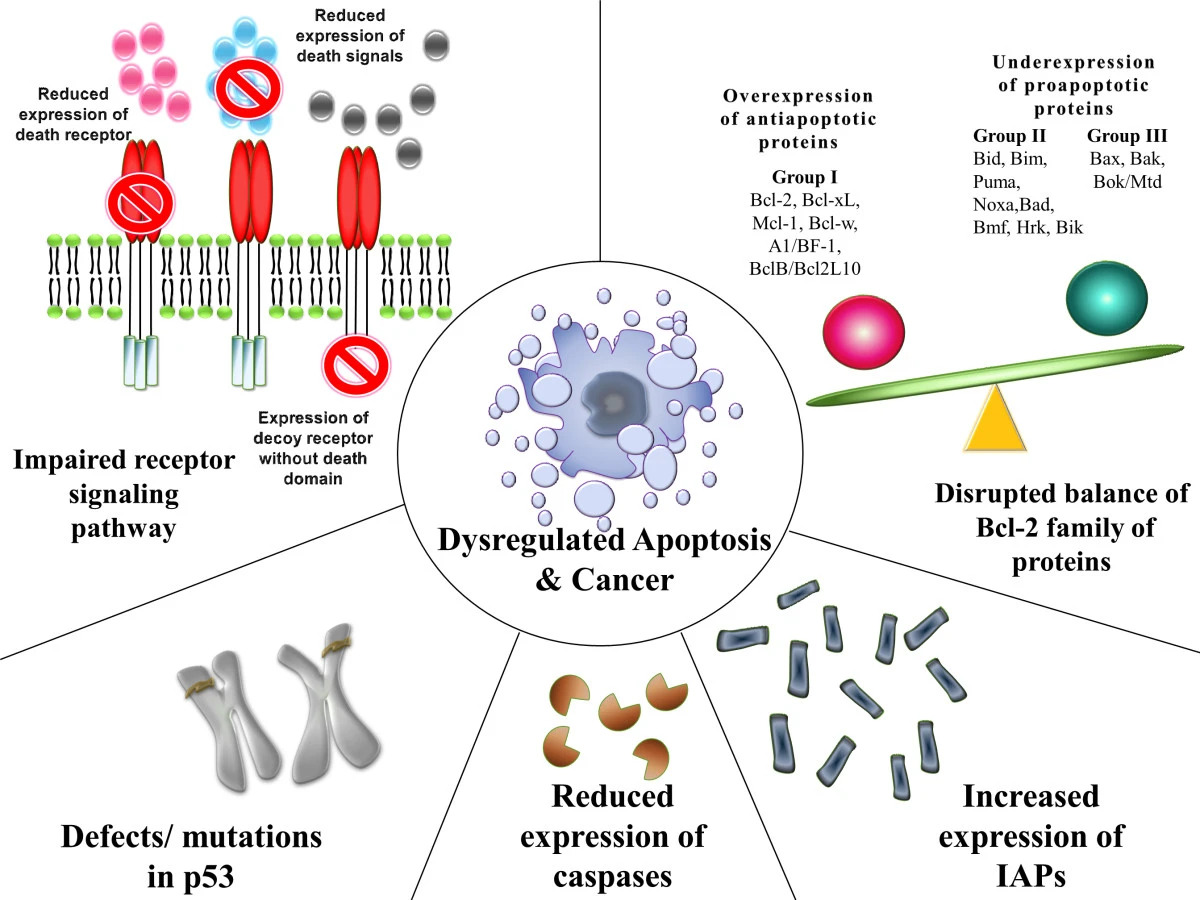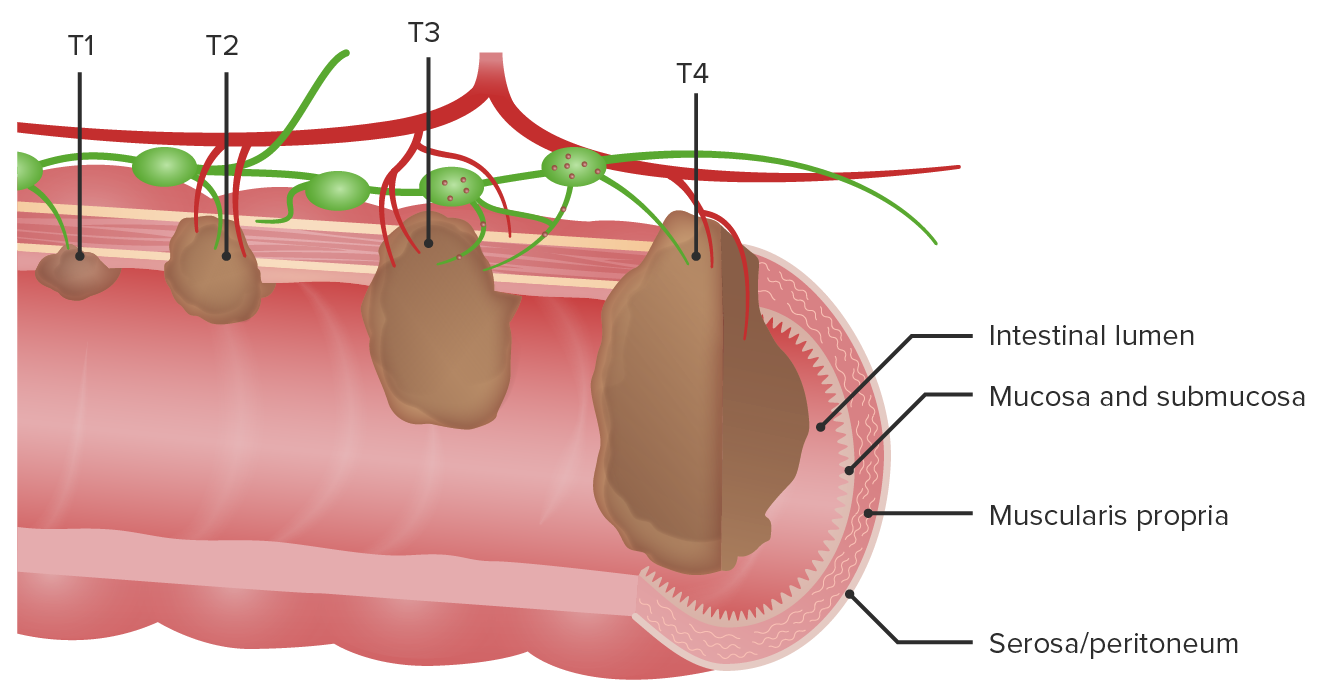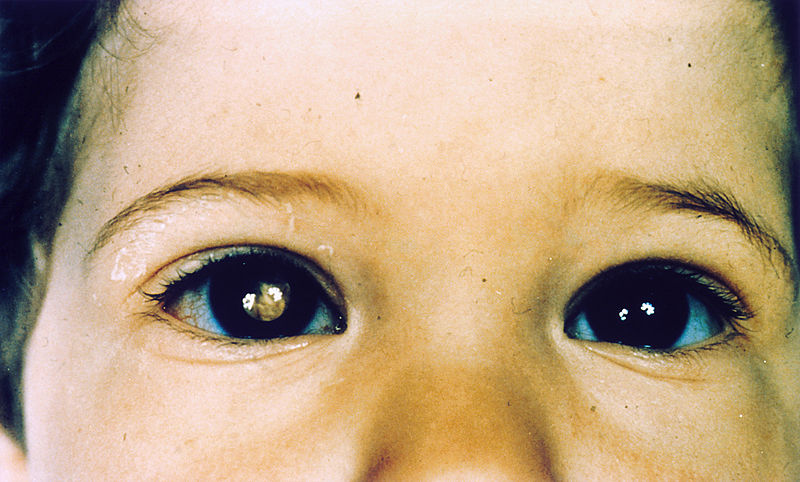not worthy
By Valentina v. on 26. October 2021 for Paraneoplastic Endocrinopathies – Carcinogenesis
cannot understand a word. info given are too summary and unconnected
Excellent explanation
By Eva G. on 03. August 2021 for Ultraviolet Radiation: Excision Repair & Carcinogen – Carcinogenesis
Great explanation, It's great how the lecturer takes the time to guide our mental process. He´s so far my favorite lecturer.
Not to take the content seriously.
By Renan A. on 09. January 2021 for Neoplasia, Dysplasia, Tumor and Cancer: Differentiating Definitions– Neoplasia
Very annoying style of presentation. I do Cancer research for a living in the USA and I found a lot of problems with this presentation.
awesome
By Kadir Timucin G. on 29. February 2020 for Neoplasia, Dysplasia, Tumor and Cancer: Differentiating Definitions– Neoplasia
the way he explains , dat is funny. I see some nerds didnt like the lecture, meh get a life "nerds" :D
Good course!
By ? 懷. on 27. January 2020 for Cell Cycle: Cyclin D – Carcinogenesis
So much better explanation than our school professor! I really appreciate the way Dr.Raj teaches.
Recall the basic biochemistry and then deep into the pathology.
......
By Drey C. on 16. January 2020 for Carcinogenic Chemicals – Carcinogenesis
A very witty doctor. Im learning enjoying at the same time
way of presentation is little bit weird to me
By Ming Lok C. on 09. November 2019 for Neoplasia, Dysplasia, Tumor and Cancer: Differentiating Definitions– Neoplasia
Carlo Raj,'s way of presentation is little bit weird to me
Amazing Lecturer
By Sudheer H. on 19. October 2019 for Bronchogenic Carcinoma, Osteogenic Sarcoma & Grading– Neoplasia
Teaches very well. Very informative and easy to understand Lectures.
More examples if possible for every case
By Oussama C. on 26. July 2019 for Malignant Neoplasms – Neoplasia
HE has the lecturer super powers, funny sometimes too, makes you want to know more.
Don't leave this lecture too early
By Timmi H. on 25. March 2019 for Malignant Neoplasm: Invasion and Metastasis – Neoplasia
At first, it was quite hard to listen to his lecture but later, with the help of subtitle, I found he taught in an awesome way which helped me to understand it. He might talk fast but he is a good teacher
Clear and organized
By Victoria W. on 03. March 2019 for Types of Tumors: Tissue, Benign and Malignant – Neoplasia
He's pretty funny and has a clear lecture style. Very clearly laid out
Great intro
By Victoria W. on 03. March 2019 for Neoplasia, Dysplasia, Tumor and Cancer: Differentiating Definitions– Neoplasia
Well taught and succinct. I enjoyed his style of lecturing, as he uses good intonations.
Great lecturer
By Josefine C. on 07. January 2019 for Bronchogenic Carcinoma, Osteogenic Sarcoma & Grading– Neoplasia
As a Danish medical student, with English only as my second language, I admit, I had to spend some time "tuning in" on Dr. Raj's way of speaking. See, he's an extremely fast speaker, but as I did get used to this, I really learned to appreciate his way of teaching. Actually, his way of speaking kind of peaks my attention and focus, since my brain has to work harder for it.
Thanks, Dr.!
Good
By victoria a. on 25. November 2018 for Ionizing Radiation – Carcinogenesis
Muy buenos videos, tiene mucho conocimiento y lo explica de una manera sencilla que podamos comprenderlo de forma clara
Excelente.
By Mitzi V. on 05. November 2018 for Bronchogenic Carcinoma, Osteogenic Sarcoma & Grading– Neoplasia
Me parecen aportes concisos y oportunos. El Dr. tiene un compromiso con los estudiantes tal, que traspasa totalmente la pantalla.
Me ha encantado.
¡Muchas gracias Dr. Raj!
concise and dramatic
By Charlie J. on 22. September 2018 for Types of Tumors: Tissue, Benign and Malignant – Neoplasia
concise and dramatic. Simple presentation well presented. A little spice in illustrations.
Importance of knowledge with clinical application.
By SULBHA S. on 15. September 2018 for Benign Neoplasm and Teratoma – Neoplasia
I love the clinical application. It makes it so much more exciting to learn and remember because as Dr Carlos Raj points out it's not just memorising. I must say his way of speaking makes it even more exciting :) On a serious note though-mentioning how serious it is to act on dysplasia or when the BM is involved-we should be saying omg, and not looking at him. Looking forward to more lectures-wish he was lecturing the subjects to keep that interest and significance of the subject and our job.
Poor
By Max G. on 20. August 2018 for Neoplasia, Dysplasia, Tumor and Cancer: Differentiating Definitions– Neoplasia
I don't like Carlo's style of presentation. It is also at odds with Robbins and Cotran. The worst video on Lecturio
This videos and Carlo made me like Pathology
By Juan C. on 13. July 2018 for Neoplasia, Dysplasia, Tumor and Cancer: Differentiating Definitions– Neoplasia
I will going to enter to the world of pathology next semester and i really didn't think i would like it but this videos might have changed my mind, Thanks Carlo for this material
Amazing lecturer
By Luana H. on 09. May 2018 for DNA Repair Defects & Neoplastic Molecular Markers – Carcinogenesis
I absolutely love this lecturer. He goes straight to the point, gives high-yield and applicable information (lots of information btw) in a summarized awesome way. 5 starts no doubt.
An easy to understand approach to this subject
By Tauheedul A. on 03. November 2017 for Neoplasia, Dysplasia, Tumor and Cancer: Differentiating Definitions– Neoplasia
I find his lectures natural and easy to follow. He tells us areas we must take note of and what we absolutely need to remember. Complicated aspects are broken down and summarised simply. Will continue to listen to these lectures.
Clear, concise, and even fun
By Eunbi C. on 08. September 2017 for Neoplasia, Dysplasia, Tumor and Cancer: Differentiating Definitions– Neoplasia
I disagree with the comment below. I think he is a very good lecturer. Clear and concise. Yes, he does he have his unique gestures and tones, but so what? It's just different from the traditional, not wrong or anything. I found his lecture interesting. I don't think he was mocking anyone.
This course is very well organized. I am doing all my best to learn from it as much as I can.
By Alexander W. on 24. August 2017 for Neoplasia, Dysplasia, Tumor and Cancer: Differentiating Definitions– Neoplasia
This course is very well organized. I am doing all my best to learn from it as much as I can.
I like it very much!
By Jiayong L. on 22. August 2017 for Diagnosis of Cancer – Neoplasia
Very nice and great lecture! The questions were very help recall the main points. Thanks!
better performance wanted
By HASSAN E. on 16. July 2017 for Neoplasia, Dysplasia, Tumor and Cancer: Differentiating Definitions– Neoplasia
Couple of mistakes were made and he sounds as if he is mocking the audience
Exceptional teaching
By Rizal H. on 19. April 2017 for Malignant Neoplasm: Invasion and Metastasis – Neoplasia
Your lectures are exceptional, it makes reading the books much easier. Thank you
Well taught content
By Vincent B. on 27. March 2017 for Neoplasia, Dysplasia, Tumor and Cancer: Differentiating Definitions– Neoplasia
Carlo makes the content interesting and manageable with intonation and examples.
